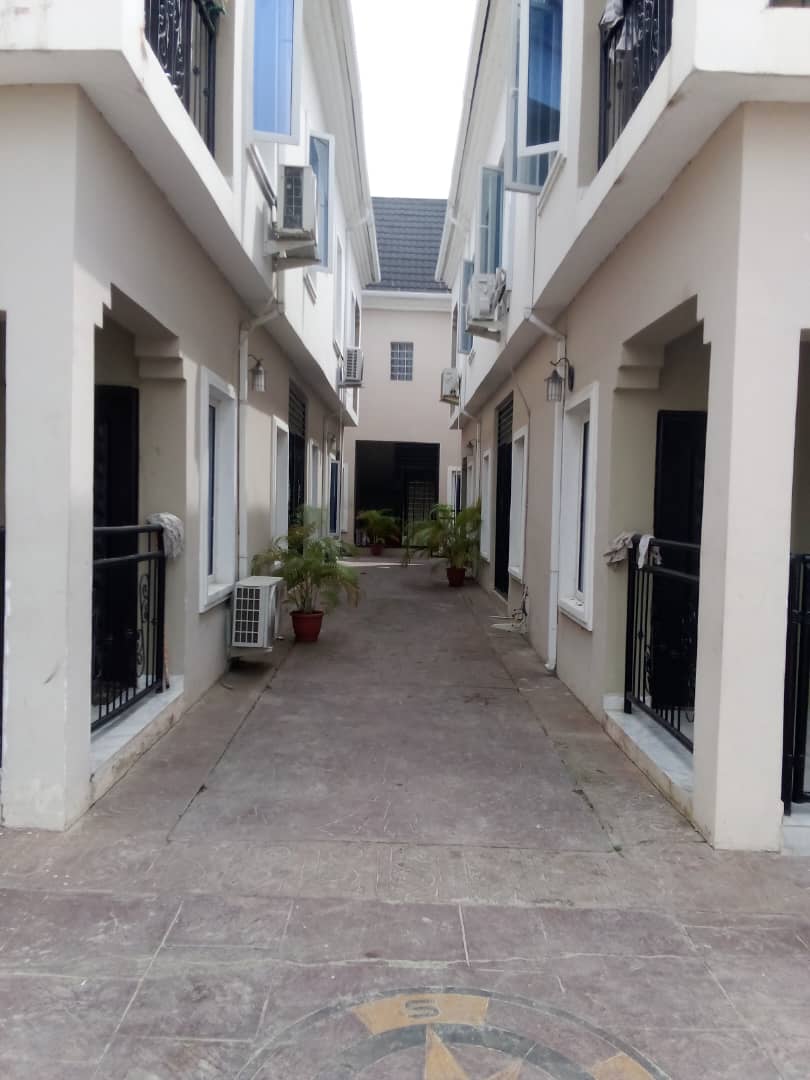The Minister of Housing and Urban Development, Ahmed Dangiwa, has constituted a housing reform team of experts and stakeholders to develop a robust framework of the housing sector and ensure that housing agencies under the supervision of the Ministry are enhanced to provide affordable homes for Nigerians.
In a statement by the ministry’s Director of Information, Badamasi Haiba, he also stated that the reform team would deliberate on necessary legislative amendments such as the Land Use Act, 1978; National Housing Fund Act, 1992; Federal Mortgage Bank of Nigeria Establishment Act, 1993; Federal Housing Authority Act,1973; among others.
The minister made this disclosure during a meeting with a delegation from the Housing Development Advocacy Network, led by Mr Ugochukwu Obiora Chime, at the Ministry’s headquarters in Abuja.
He explained that the reform team would be made up of representatives from HDAN, agencies, professional bodies, as well as academia, to develop a robust framework for the reform of the housing sector by thoroughly reviewing relevant laws.
“The team will be tasked with streamlining all previous reform blueprints, and white papers for the agencies and outlining areas requiring reform, with a focus on enhancing efficiency, transparency, and accountability,” he further clarified.
On the issue of housing data, he disclosed that a ministry taskforce had been set up, and was working with the National Population Commission to design survey instruments that would address housing-related questions during the upcoming population and housing census exercise.
“We invited and met with the Presidential Technical Committee on Land Reforms; we now have access to the comprehensive work they have done over the past 14 years on Land Reforms in our country. Immediately after the meeting, we set up an Internal Ministerial Committee to review and recommend for inclusion in our land reforms strategy, relevant parts of their recommendations will be the establishment of the National Land Commission to spell out the guidelines and regulations for operationalising the Land Use Act, 1978,” he stated.
Dangiwa also revealed the ministry’s target to deliver 34,500 units of multi-level flats to cater to low-medium income earners, terrace and detached bungalows and duplexes for the high-income earners under Phase 1 of the Renewed Hope Cities, in each of the six geopolitical zones of the country and FCT.
He added that 500 housing units of 1-, 2- and 3-bedroom affordable bungalows per site in each of the remaining thirty States, under the Renewed Hope Estates were underway.
He noted, “Sponsors will include the Federal Ministry of Housing and Urban Development’s budgetary allocation, the Federal Mortgage Bank of Nigeria, and through Public Private Partnerships with reputable developers. Ownership options include mortgage loans, rent-to-own, and outright purchase.”
Earlier in his remarks, the leader of the HDAN delegation, Ugochukwu Chime, acknowledged that the ministry served as the blueprint that would bring about massive socio-economic development to the country, giving its potential as the greatest engine room for employment generation.
He, however, noted that more work was needed to institutionalise such a turnaround in the perception of shelter not just as a means of providing homes for people but also as a means of engendering the massive socio-economic growth as well as a multiplier effect in the local economy.
The delegation appealed to the minister to wade into issues surrounding the pricing of land Certificate of Occupancy and set up
a committee that would look into the outstanding housing bills at the National Assembly.
In this article

